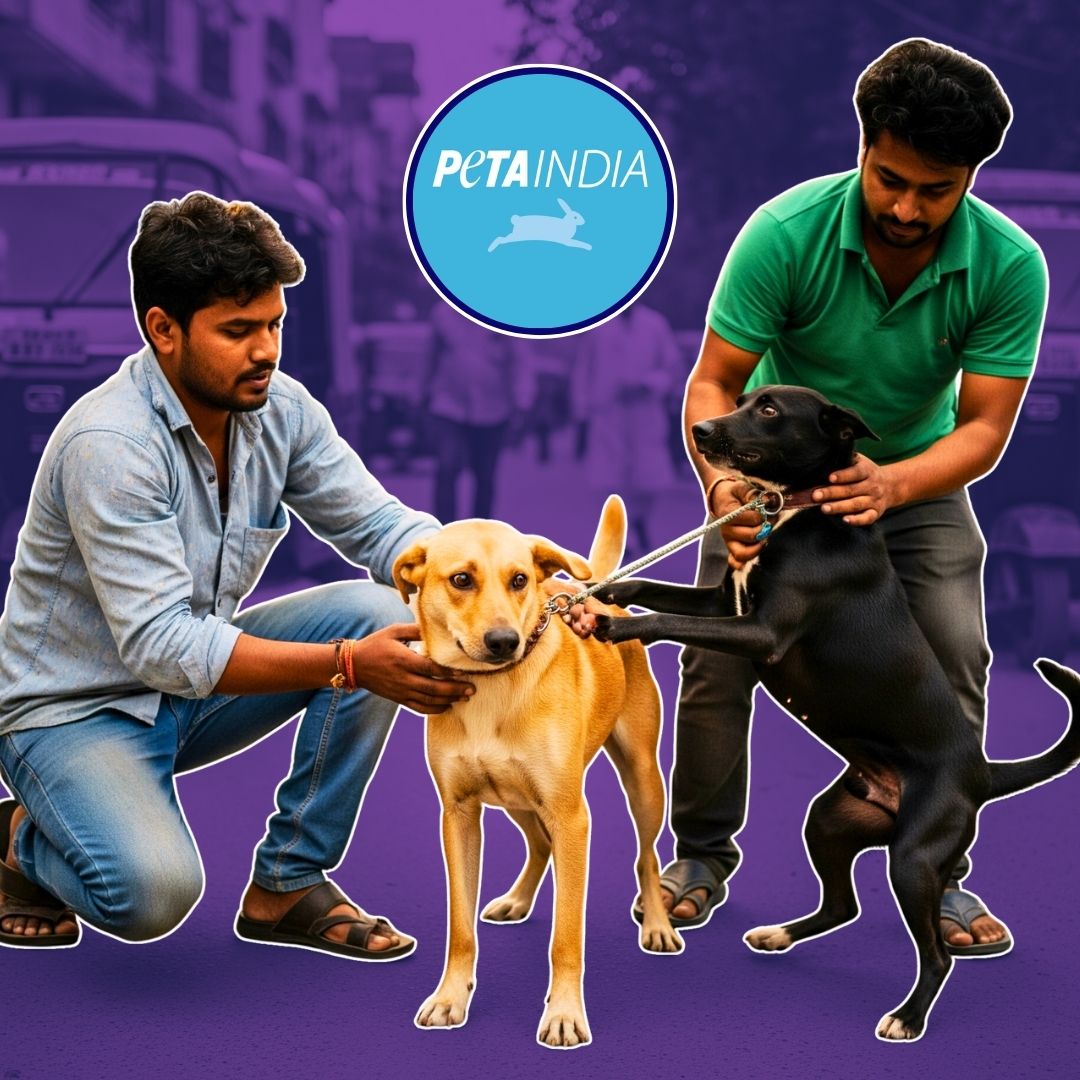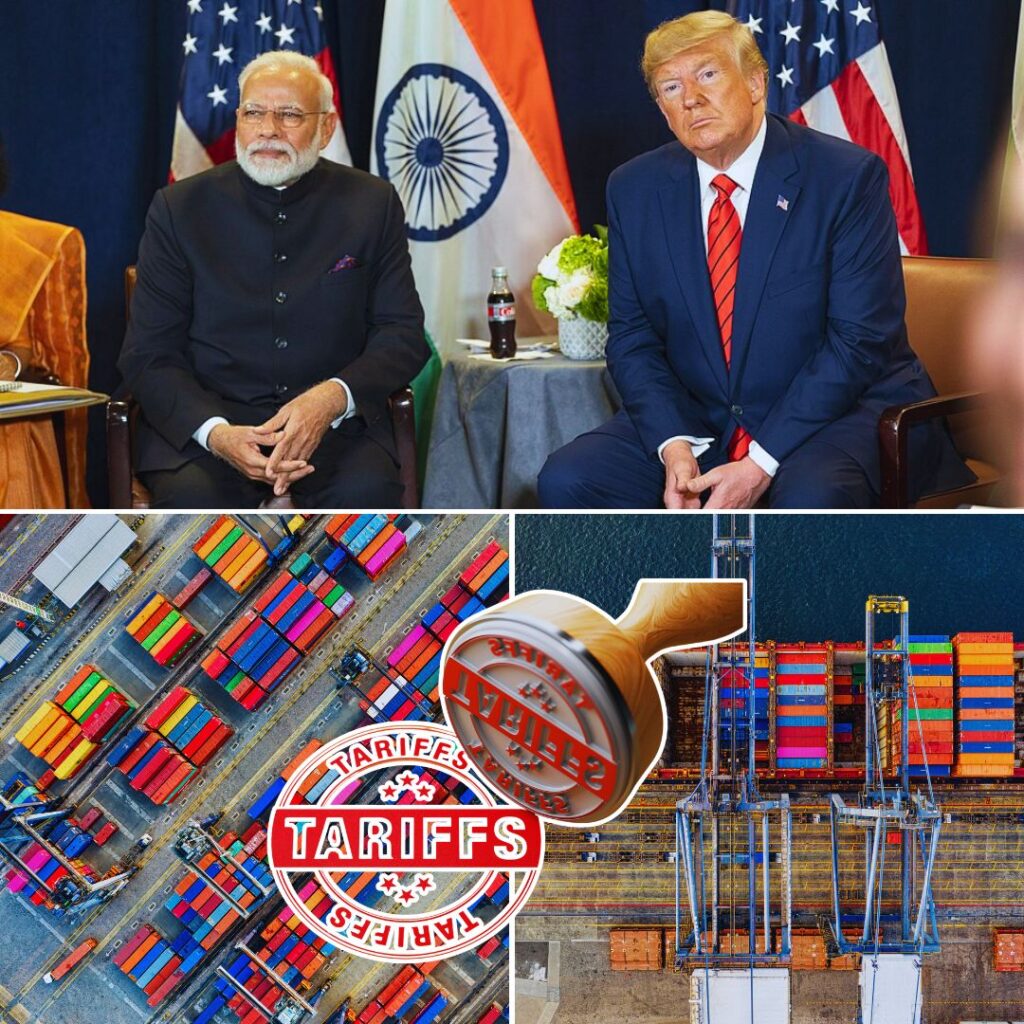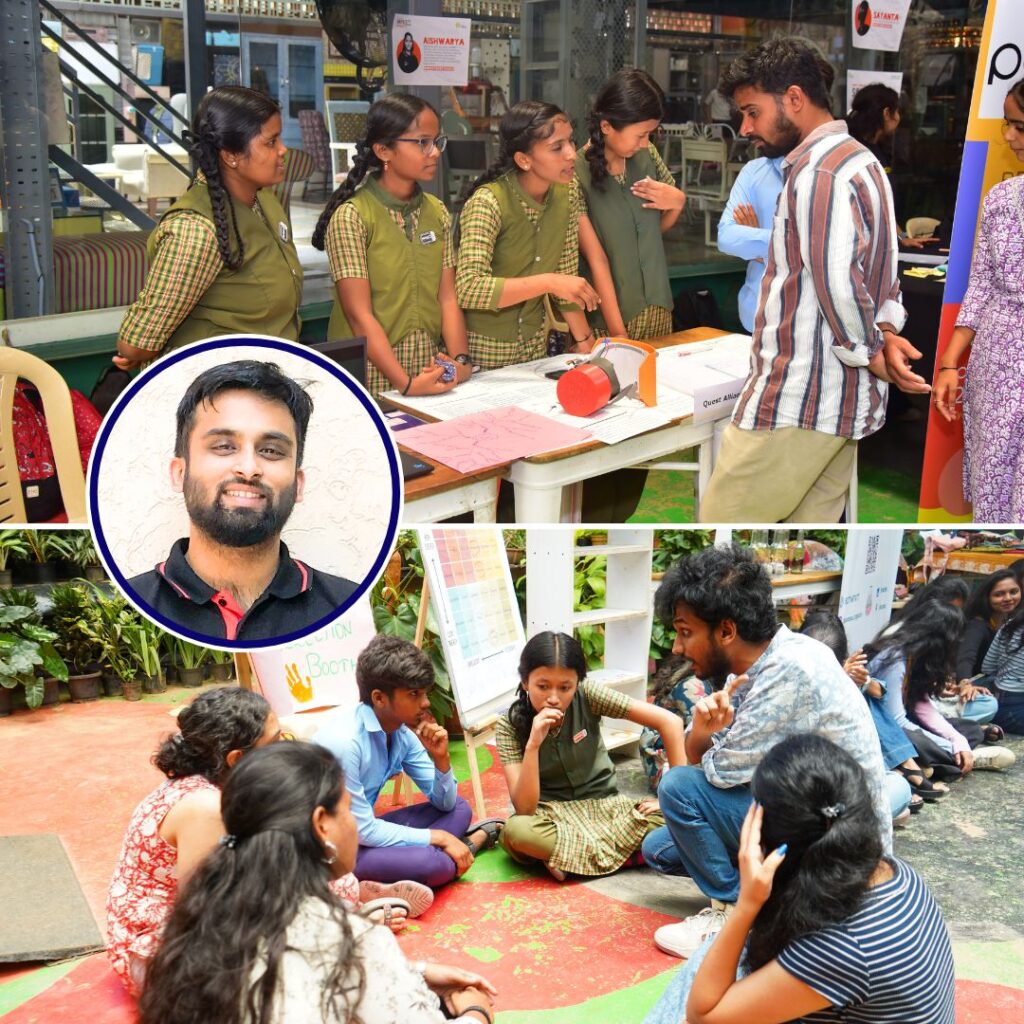The Supreme Court of India has ordered the Delhi government and civic bodies in Gurugram, Noida, Ghaziabad, and Delhi to remove all stray dogs from the streets within eight weeks and house them permanently in shelters, citing public safety concerns over increasing dog bites and rabies risks.
The Court warned strict action against obstruction and clarified that no petitions from dog lovers would be entertained, emphasizing the larger public interest and child safety. This directive has met fierce criticism from animal welfare groups such as PETA India, who call the order impractical, illogical, illegal, and likely to cause chaos and suffering for both animals and communities that consider these dogs family.
Criticism and Concerns from Animal Welfare Groups
PETA India’s senior veterinary director, Dr Mini Aravindan, and advocacy associate Shaurya Agrawal strongly criticised the mass removal, stating Delhi has around 10 lakh community dogs, less than half sterilised, making sheltering all dogs unfeasible. They argue that forced removal is cruel and ineffective in controlling dog populations or reducing rabies and bite incidents, as it ignores established Animal Birth Control (ABC) rules and expert advice.
PETA called the order illegal, impractical, and likely to create chaos. They demand an urgent, effective sterilisation programme, closure of illegal pet shops and breeders, and encouragement of adoption from shelters or streets. PETA is exploring legal options to challenge the ruling. Activists and residents protested the order at India Gate, highlighting zero human rabies deaths in Delhi over the past three years and warning the order prioritises removal over scientific, humane solutions.
Supreme Court Directives and Official Responses
The two-judge bench of Justices JB Pardiwala and R Mahadevan ordered the creation of shelter capacity for at least 5,000 dogs within weeks, staffed for sterilisation and immunisation and monitored by CCTV to prevent release back on the streets. The Court emphasised larger public interest, specifically protecting infants and children from dog bites leading to rabies.
Delhi authorities, including CM Rekha Gupta and Mayor Iqbal Singh, support the order and promise a planned, systematic action plan combining shelter homes with existing sterilisation centres. Residents’ Welfare Associations have also welcomed the order, citing rising dog bite incidents. Civic bodies have been ordered to start a helpline for dog bite reporting and can form dedicated forces for the removal process.
The Logical Indian’s Perspective
While protecting public safety is vital, The Logical Indian calls for balanced, compassionate, and scientific approaches that prioritise coexistence with stray dogs and respect community emotional bonds.
The Supreme Court’s order, though well-intentioned, risks overlooking humane, evidence-based solutions like widespread sterilisation, regulation of pet shops, and community engagement to manage dog populations sustainably.
The controversy underscores the urgent need for dialogue among courts, governments, experts, and citizens to implement policies that safeguard human health without cruelty to animals.
The Supreme Court has directed the removal of community dogs in Delhi! 😲
— PETA India (@PetaIndia) August 11, 2025
Not only is this cruel, displacement has NEVER worked.#CommunityAnimals #Delhi #SupremeCourt #AnimalRights #PETAIndia pic.twitter.com/UUK39U5Dsu













